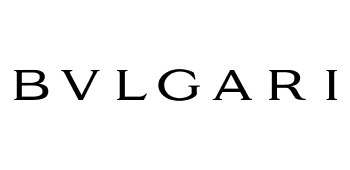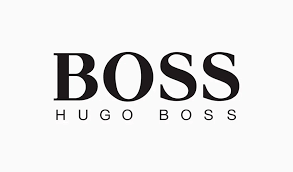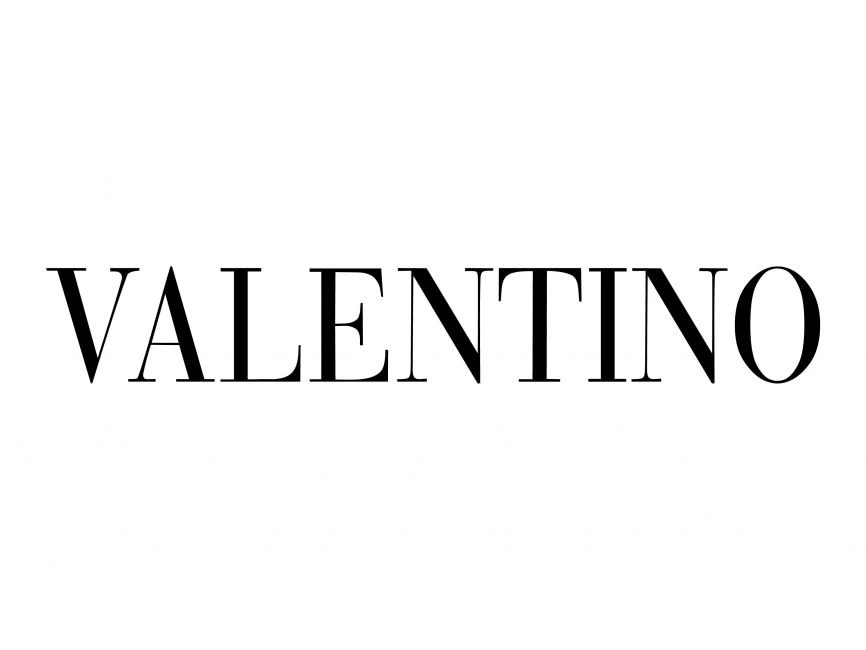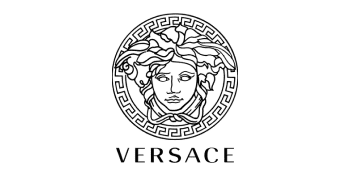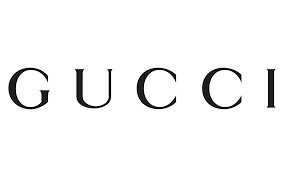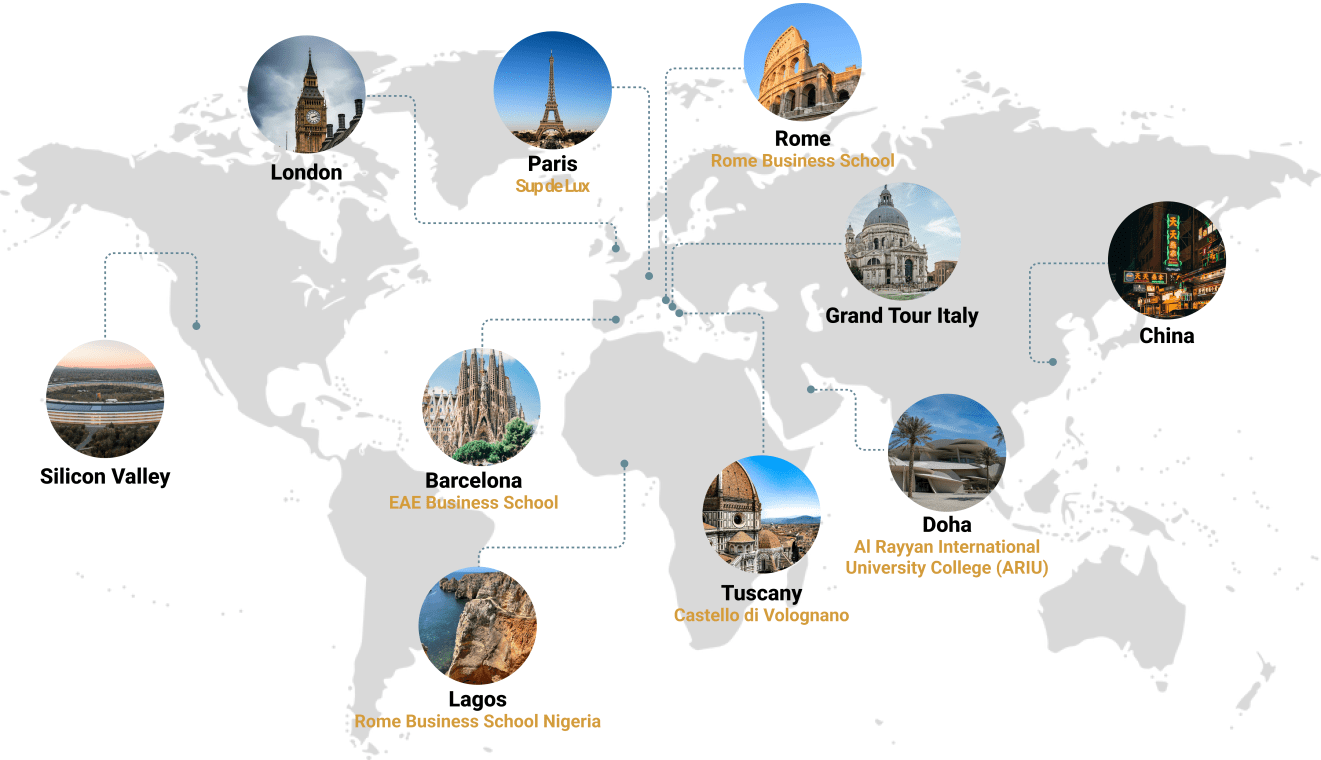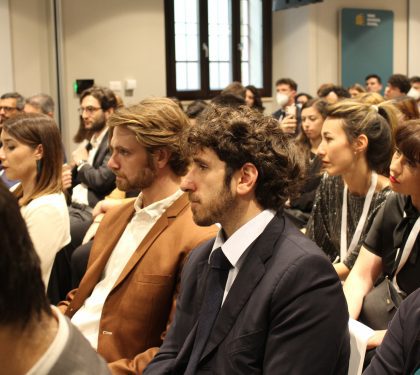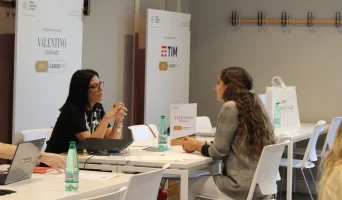During the first module of the Executive Master in Fashion Management, Luxury Management, students will learn:
- Managerial Economics
This module aims to prepare students by providing them with the essentials of entrepreneurship and business planning. - Entrepreneurship and Business Planning
With this module, the managerial skills required to understand a Business Plan and its structure will be developed. - Business Strategy
Through this module, students will know how to understand the long-term direction and strategy of a company, and will be able to identify the strategic business units of organizations. - Accounting & Budgeting
This module is aimed at students understanding the importance of financial management and control principles, with key indicators such as ROI, EBIT, GAAP. - Project & Operations Management
With this module, students can manage projects, examine data and information, and have a diagnostic approach to solving problems. - Marketing: Traditional and Digital
Students will learn the application of marketing principles in organizational decision-making. - Human Resource Management
This subject area focuses on strategic human resource issues such as workforce acquisition, development, motivation, and retention. - Data Analytics for Managers
This course is designed to equip students with the basic knowledge needed to analyze and interpret large sets of data, to make effective business decisions and strategies.
During the second module of the Executive Master in Fashion Management, Luxury Management, students will learn:
1) The Luxury and Fashion Market & Culture:
- Global Luxury and Fashion Markets, the Italian Cultural and Fashion Revolution
- Italian Textile Industry, Italian Design, and Style
- Sociology of Fashion, Diversity and Inclusion in Luxury and Fashion
- Fashion Forecasting: From 2023 to 2026
2) Fashion Management:
- Management of Fashion & Design-Based Product Companies
- Fashion Label Management for Men’s, Women’s, and Children’s Clothing and Sales Management
- The Importance of Fabrics, Production, Pricing, Distribution, and Retail in Fashion Management
- The Latest Sales Techniques in the Fashion and E-commerce Sector
3) Luxury Management:
- Management of Luxury Products and Key Players
- Management of Luxury Focus Areas: Hotels & Spas, Wines & Food, Luxury Cars & Yachts, Home, Luxury Jets, Jewelry, Watches, Design and Art, Accessories, and Fashion
- Pricing, Sales, Distribution & Luxury Retail
- Consumer Behavior in Luxury Industries
4) Luxury Branding and Communication through Brand Activism:
- Visual Merchandising for Luxury and Fashion Products
- Integrated Luxury and Fashion Communication, Visual and Experiential Branding
- Media, Social Media, Events & PR in Fashion & Luxury: Branding Models
- Customer Luxury Experience, Storytelling, and Luxury Service
During the third module of the Executive Master in Fashion Management, Luxury Management, students will learn:
5) Fashion, Luxury & Big Data Analytics:
- Retail, Luxury, and Fashion Analytics
6) Fashion, Luxury & New Technologies, Law, and Future Trends:
- New Technologies, Artificial Intelligence, Metaverse, NFTs, and the Future of Luxury and Fashion
- The Role of Corporate Social Responsibility and Sustainability in Luxury and Fashion
- Luxury and Fashion Licensing, Luxury Brands, Legal and Ethical Aspects, and Copyright
- Corporate Ethics and Social Responsibility
The goal of Rome Business School is to develop future managers, entrepreneurs, and professionals who are ready to capitalize on the benefits of digitalization, go global, and have a positive impact on society.
Electives are ideal tools for students to improve their employability by focusing on high-demand skills.
- Electives assist students in carving out a niche for themselves and becoming more competitive.
- Electives expose students to courses they might not have encountered otherwise.
- Electives provide a one-of-a-kind curriculum that fosters life and career skills.
- Elective courses are organized in 4 main areas of interest:
- Innovation & Growth
- Tech & Digitalization
- Industry Business Excellence
- International Business
- Individual Coaching
- Executive Mentoring production review of curricular material
- Company meetings with leading companies
- Executive Mentoring for preliminary orientation towards entrepreneurship
At the end of your educational experience, you will have the chance to prove your abilities by tackling a real business challenge. Use your talent to identify opportunities and create a truly innovative strategy.
Tackle a real company challenge. You can choose to be part of a small team and design an innovative HR business plan or functional operational plan based on theoretical research.
Work on one of two real Business Challenges of a specific company.


